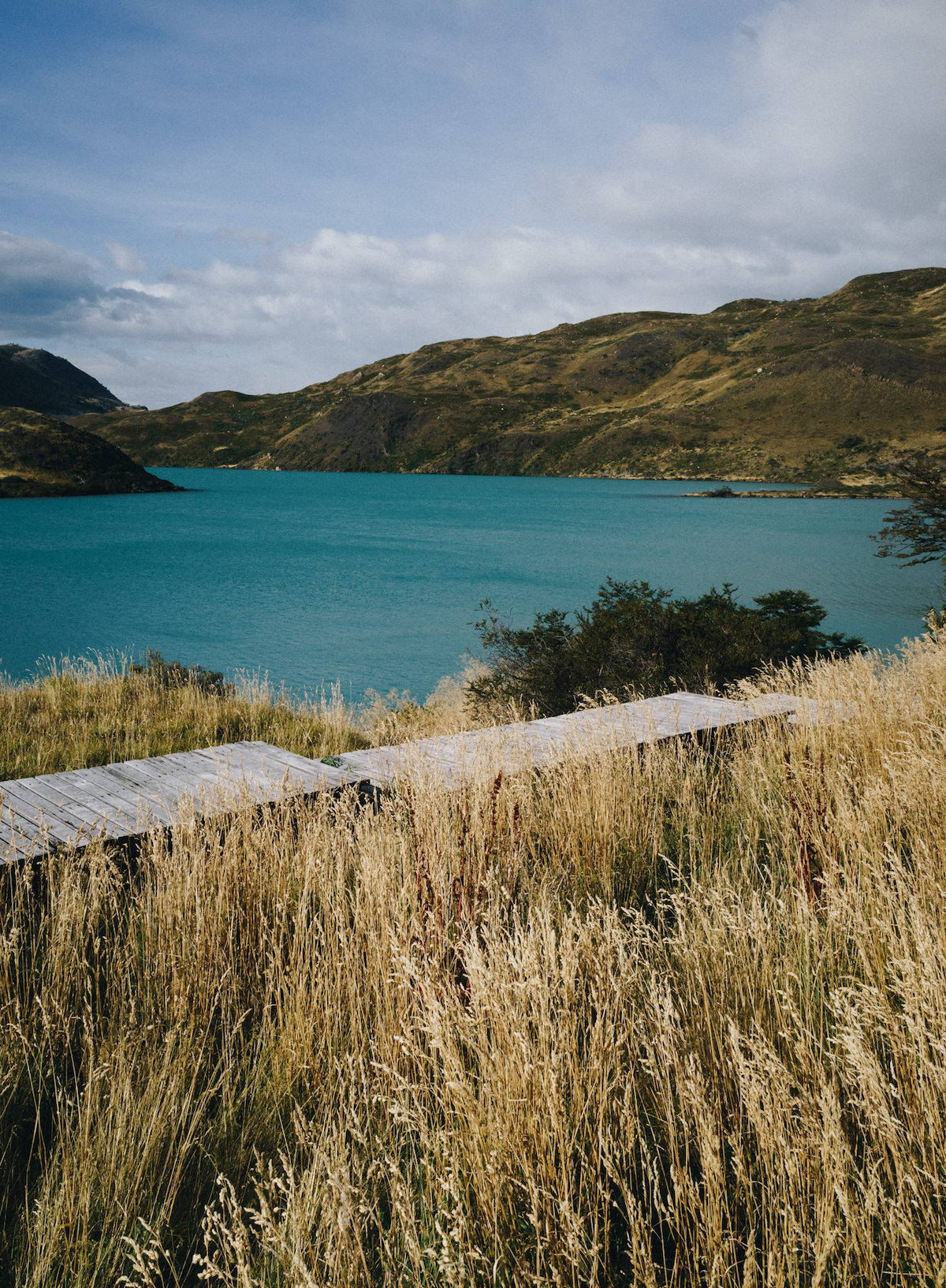Miles of open trails weave through snow-covered trees in a park near Oslo, Norway. Despite the frigid temperatures, the park is buzzing with people, bundled in layers of puffy outerwear and clutching skis. This is part of friluftsliv (pronounced free-loofts-liv) — a philosophy embedded in Scandinavian culture that supports spending time in nature for spiritual and physical wellbeing.
Friluftsliv, a Norwegian word, literally translates to “open-air living’, although, like the Danish principle of ‘hygge’, its true meaning transcends any English equivalent. To fully grasp the essence of friluftsliv, we can look to the way in which the early Norwegian explorers, such as Fridtjof Nansen, would have experienced the great outdoors — no snowmobiles, no hot tubs, and definitely no all-inclusive cabins. Friluftsliv favors simplicity over luxury. At its core, it’s a deep appreciation for and intentional desire to interact with nature – how one chooses to express it, is personal preference.

Entire days spent enjoying the outdoors are an example of friluftsliv at its finest. A typical Scandinavian weekend may include a walk through the forest, a social gathering on the beach, or a hike in the mountains to admire the view. It’s not uncommon for locals to take to the floodlit ski trails after work, or to wake an extra hour early in the morning to forage for breakfast in the woods.
This notion seems antiquated today’s digital world, where our screen time increasingly exceeds our green time. Humanity is amidst a technological revolution and heading towards a future where our interaction with nature is extraneous, maybe even obsolete — a future that could threaten our wellbeing.
Yet we know that nature is good for us — numerous studies support the mental and physical health benefits of spending time in the great outdoors. A short walk in fresh air can quickly reduces stress and improve our mood, and overtime, interacting with nature can reduce feelings of anxiety and depression, while providing a great way to exercise.
Although the origin of friluftsliv far precedes any technological revolution, in many ways, its inherent values are a countermeasure for today’s screen-obsessed society. It requires us to find peace in our surroundings, and connect with the landscape without feeling pressured to share the moment on Facebook or Instagram.

Even practicing friluftsliv while traveling can help cultivate a more well-rounded experience. Galleries, museums, cafes and stores only show one facet of a city — search for the nearest park or take a day trip outside the city for a true local’s perspective.
Norway has embraced what the rest of the world seems to know, but refuses to accept (but should). Norway was named the happiest country in the world by the World Happiness Report last year (up from fourth place in 2016). The report evaluated various factors that promote happiness, including everything from health and freedom to income and political views. It was Norway’s love of the outdoors and the understood right of its citizens to roam throughout their country (allemannsrett) that helped secure their number one position.
Maybe it’s time we put down our screens, and make time for a little more friluftsliv in our daily routine. After all, some of the best things in life are absolutely free.

